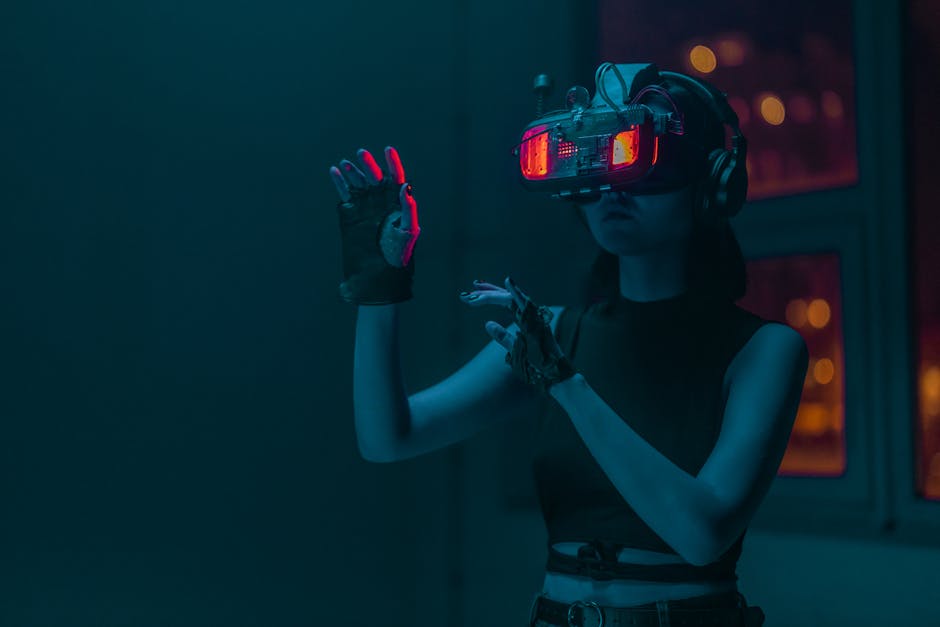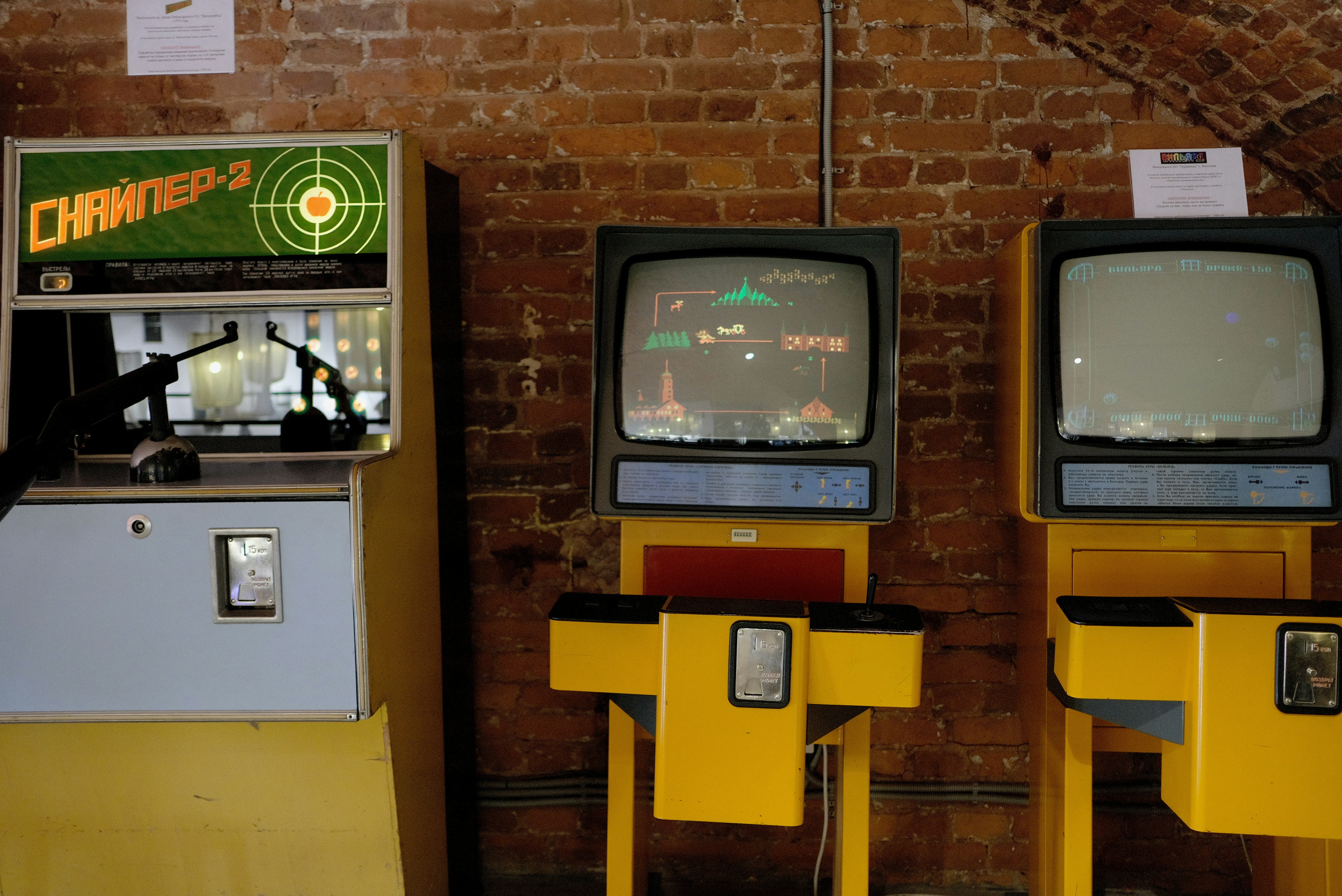VR Games: Boosting Empathy and Intelligence Through Immersion
Virtual reality (VR) gaming is revolutionizing how we perceive and interact with our world, stepping beyond conventional entertainment to embrace a powerful tool for emotional intelligence development. As we slip into diverse perspectives, we encounter situations that challenge our morality, pushing the boundaries of empathy in ways traditional gaming has never explored. This article examines how VR can catalyze emotional growth and foster compassion, reshaping societal interactions while delving into interviews with developers pushing these boundaries.
The Power of Perspective in Gaming
At its heart, gaming’s appeal lies in its ability to transport players into entirely new worlds, allowing them to inhabit characters and navigate challenges that reflect deeper human truths. VR takes this concept to the next level by immersing players in a first-person experience that encourages empathy. For instance, a game where players embody an individual experiencing social injustice can lead to profound realizations about the societal dynamics at play. This powerful mechanics shape how people perceive and relate to others in the real world.
Enhancing Emotional Intelligence Through Game Mechanics
Designers are increasingly crafting VR games with emotional intelligence in mind, integrating game mechanics that inspire compassion and moral reasoning. These mechanics can include:
-
Moral Dilemmas: Players face choices that significantly alter the game's outcome, pushing them to consider the implications of their actions, akin to real-life scenarios.
-
Character Development: By developing rich backstories and personalities for game characters, players can create emotional connections that prompt reflection on their own lives and choices.
-
Feedback Systems: Implementing feedback systems that showcase the consequences of players' decisions in a visceral way fosters a deeper understanding of their impact.
Developers like those focusing on narrative depth are leading the charge in creating experiences that resonate on a deeper emotional level, allowing players to step outside their comfort zones and experience the world through someone else's eyes.
The Impact on Real-World Social Dynamics
The ripple effect of enhanced empathy through gaming is profound. Studies show that individuals who engage with VR experiences that emphasize emotional connections and perspectives tend to have increased tolerance and compassion in real-life interactions. This transformation is essential, especially in a world increasingly divided by political, social, and economic factors. By facilitating understanding, these immersive experiences can potentially bridge gaps, foster dialogue, and reduce prejudice.
Interviews with Visionary Developers
Developers are the architects behind these revolutionary gaming experiences. Interviewing visionary creators like Sarah Young, founder of Empathy Games, reveals how they perceive the intersection of gaming and empathy. "We want players to walk a mile in someone else's shoes—not just for fun but to provoke real emotional responses that can lead to positive change," she shares. This mission symbolizes a broader trend in the gaming industry where the narrative is shifting from mere escapism to impactful storytelling.
Moreover, through game-based therapy, developers are exploring how these tools can aid mental health, proving that gaming can be a catalyst for healing and understanding rather than a mere pastime.
The Role of Gamification in Therapy and Healing

The integration of VR into therapy is not only innovative but a practical application of gaming's potential for empathy building. Research has shown that game mechanics can improve engagement in therapeutic settings. Patients can confront their fears and anxieties in controlled environments, gaining insights into their conditions while engaging with an interactive medium. The impact of this blended approach is a growing area of study that highlights the psychology of game design and its implications on well-being.
Building Communities through Virtual Worlds

As gamers navigate these immersive environments, they are also building communities grounded in shared experiences. Online forums and groups centered around VR games allow players to connect over cathartic and transformative experiences. This fosters deeper discussions about empathy, moral challenges, and real-world applications. The social elements of these games provide a space for vulnerability, allowing individuals to share their stories and learn from one another. The importance of community in fostering empathy cannot be overstated, as it is through these connections that players realize that their experiences, though simulated, can mirror authentic emotional journeys.
Future of Empathy in Gaming

Looking ahead at the gaming landscape, as VR technology becomes more accessible, the possibilities for enhancing empathy and emotional intelligence through games only expand. Developers are finding innovative ways to integrate authentic emotional experiences into mainstream titles, creating a cycle of reflection, discussion, and — ultimately — change.
Technological advancements, including AI companions and improved narrative systems, are expected to further enhance these immersive experiences leading to even deeper emotional connections. Additionally, with gaming continues to break down barriers regarding mental health awareness, more developers will likely prioritize emotional intelligence as a core component of their designs.
Let’s not forget the ethical implications surrounding these developments. As we delve deeper into the interplay between empathy and gaming, examining how these narratives can shift attitudes and perspectives becomes imperative. For gamers looking to embrace this new era, various resources are emerging—not only educating about the craft of game design but also discussing its impact on our real-world ethics and behaviors.
Building a Movement: VR, Gaming, and Social Change

What sets this era of gaming apart is the potential for social change that resonates beyond the screen. By fostering empathy through immersive narratives, we can inspire individuals to become advocates for social justice and understanding. Imagine a world where every gamer emerges from their virtual adventures equipped with a greater sense of compassion and perspective, ready to engage with and uplift their communities.
As the industry evolves, it will be up to us—players and developers alike—to embrace the transformative potential of VR, cultivating emotional intelligence through gameplay and creating a more empathic society.
Next Steps for Gamers and Developers
- Explore VR Titles Focused on Empathy: Check out VR experiences like “Life is Strange” or “The Walking Dead: Saints & Sinners” that delve into emotional narratives and moral choices.
- Engage with Community Discussions: Join forums such as Reddit's r/gaming or VR-centric groups to share experiences, insights, and explore the societal impacts of VR gaming.
- Support Indie Developers: Keep an eye on emerging indie titles that prioritize emotional storytelling and unique gameplay mechanics. These often push boundaries in ways that mainstream titles may not.
By embracing this next phase of gaming, we can harness the medium's power for positive change, enhancing emotional intelligence and empathy in our daily lives. The journey through virtual worlds is more than entertainment; it is an opportunity to reflect upon and reshape our understanding of one another.







